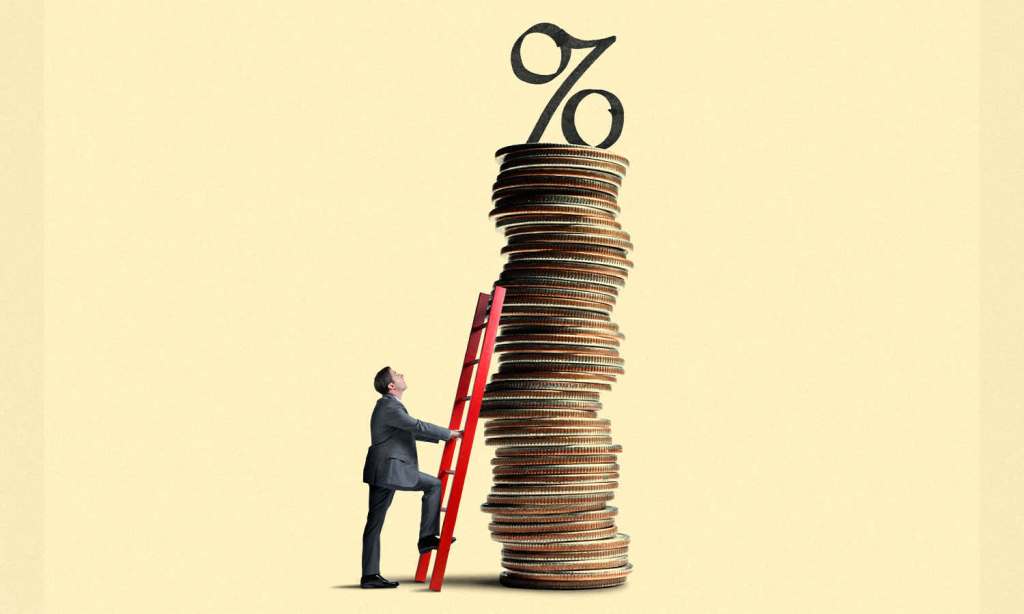In response to the rising inflation that the country has experienced over the past 12 months, the Reserve Bank of Australia (RBA) has lifted the official interest rate for the first time in a decade.
The interest rate, which previously sat at 0.1%, has now jumped 0.25 percentage points to 0.35%.
Doing so just three weeks away from an election is going to be seen as a problem for Prime Minister Scott Morrison, who just yesterday was trying to claim that the interest rate has nothing to do with politics.
The move has been expected ever since data released by the Australian Bureau of Statistics found that Australia was undergoing a massive cost-of-living crisis, with inflation jumping 2.1% since the start of the year.
RBA Governor Phil Lowe has said that Australians should expect further rate rises ahead, with a second rise expected as soon as June when the rate is thought to hit 0.5%.
“The economy has proven to be resilient and inflation has picked up more quickly, and to a higher level, than was expected. There is also evidence that wages growth is picking up,” he said.
“Given this, and the very low level of interest rates, it is appropriate to start the process of normalising monetary conditions.”
What Raising Interest Rates Mean
The rate at which the RBA loans money to banks is called the interest rate. This is not the same as the rate at which banks then loan money to customers, but it does have a big knock-on effect.
Raising the interest rate means that those who owe large sums of money to the bank, typically in the form of a mortgage, will find themselves having to pay back more money in repayments to make up for the interest rate.
A rate rise of 0.25% would add $68 a month to repayments on a $500,000 mortgage at the average rate of 2.92%. On a million-dollar mortgage, $130 would be added per month to the repayment.
This is provided that the bank passes on the interest rate rise in full to its customer, which they don’t always do, but it’s not unlikely either. Expect to see the big four — Westpac, ANZ, NAB, and CommBank — make announcements in the coming hours.
Those on a short-term fixed interest mortgage repayment plan will also avoid the hikes, at least for the time being.
Even if you don’t have a mortgage to repay, debt repayments and other charges are also likely to increase on things like credit cards, even if the total is much smaller than those with a mortgage.
Overall, the effect is designed to limit the amount of free cash that people have, forcing them to save rather than spend, and therefore slow inflation, which is at least partially caused by demand outstripping availability.
Read more stories from The Latch and subscribe to our email newsletter.







